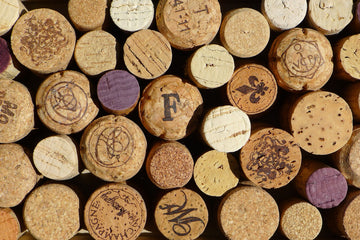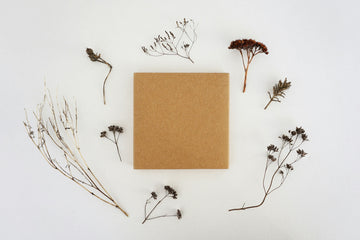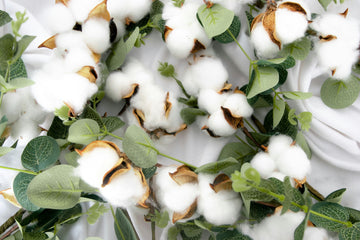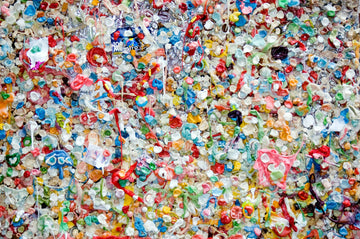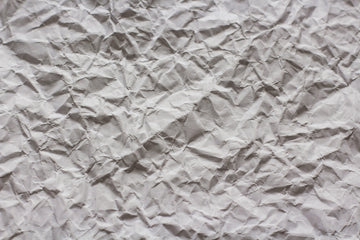In a world increasingly conscious of environmental impact, finding materials that not only reduce waste but also promote sustainability is key to building a greener future. One such material that has gained significant attention for its environmental benefits and versatility is cork.
You might recognize cork as the stopper in your favorite wine bottle or as a quirky, textured notice board hanging in an office. But cork is much more than that—it’s a sustainable resource with wide-ranging applications across industries, making it a crucial player in the shift toward eco-friendly practices.
What Makes Cork So Special?
Cork is harvested from the bark of the cork oak tree (Quercus suber), which grows predominantly in Mediterranean countries like Portugal, Spain, and Italy. What makes cork unique is that its harvesting process is completely sustainable. Unlike many other natural resources, cork bark regenerates after being stripped from the tree, allowing it to be harvested every 9 to 12 years without harming the tree. In fact, cork oak trees can live for over 200 years, contributing to carbon sequestration for decades.
This renewable aspect of cork is one of its strongest environmental credentials. Cork forests not only absorb vast amounts of carbon dioxide but also provide crucial habitats for a variety of wildlife. By preserving these forests through sustainable cork harvesting, we help maintain biodiversity and protect fragile ecosystems.
Applications of Cork in Everyday Life
Cork’s sustainability, combined with its lightweight, elastic, and water-resistant properties, has opened doors to a variety of applications. Its versatility has allowed it to be adopted in industries ranging from fashion and interior design to construction and technology.
1. Fashion and Accessories
In recent years, cork has gained popularity as an eco-friendly alternative to leather and synthetic materials in fashion. Handbags, wallets, and shoes made from cork offer a durable yet sustainable option for those seeking style without compromising environmental responsibility. Its soft texture, combined with its natural durability, has made cork a favorite among eco-conscious brands and designers.
2. Interior Design and Home Décor
Cork’s aesthetic appeal, combined with its sound-absorbing properties, has made it a go-to material for interior designers. It’s often used in flooring, wall coverings, and even furniture. Beyond its beauty, cork is a practical choice—it’s hypoallergenic, resistant to moisture, and naturally flame retardant, making it an excellent material for homes and offices alike.
3. Technology and Innovation
Cork has also found its way into the tech world. Due to its insulating properties and lightweight nature, cork is used in products like laptop cases, phone covers, and even certain components of electronics. Its unique ability to protect without adding bulk makes it ideal for creating eco-friendly tech accessories.
4. Construction and Insulation
In the construction industry, cork is valued for its excellent thermal and acoustic insulation properties. Builders use it in walls, roofs, and floors to reduce energy consumption in homes and commercial buildings. This eco-friendly alternative to traditional insulation materials not only helps conserve energy but also promotes a healthier indoor environment by reducing the presence of harmful chemicals often found in synthetic insulation.
Cork in Branding and Promotional Products
As brands increasingly strive to align themselves with sustainable values, cork has emerged as a popular choice for eco-friendly promotional products and corporate gifts. Companies are turning to cork-based items for giveaways, events, and corporate swag because of its unique blend of practicality, aesthetics, and environmental benefits.
Promotional products made from cork—such as notebooks, coasters, and drinkware—offer businesses a way to reinforce their commitment to sustainability. Not only do these items make a lasting impression due to their distinctive look and feel, but they also send a strong message about environmental responsibility. By choosing cork for corporate gifts, brands can showcase their dedication to sustainability and connect with audiences who prioritize eco-friendly choices.
Why Choosing Cork Matters
Choosing cork as a material, whether for personal use or as part of a brand’s sustainability efforts, is more than just a trend. It’s a conscious choice that supports long-term environmental goals. Cork plays a significant role in mitigating climate change by reducing carbon footprints. Studies have shown that cork oak forests can absorb up to 14 million tons of CO₂ each year, helping to combat the growing levels of greenhouse gases in the atmosphere.
Furthermore, cork products are fully biodegradable and recyclable. When you use cork items, you’re not contributing to the growing problem of plastic waste that ends up in landfills and oceans. Instead, you’re choosing a natural material that can be repurposed or broken down without harming the planet.
How Cork Can Strengthen Your Sustainable Lifestyle
Incorporating cork into your everyday life is a simple yet effective way to embrace sustainability. Whether you choose cork flooring for your home, carry a cork wallet, or opt for cork-based office supplies, you’re making a tangible difference in reducing environmental impact. Cork’s durability ensures that products last longer, reducing the need for frequent replacements—a key aspect of sustainable consumption.
As we all work toward reducing our carbon footprints and minimizing waste, choosing materials like cork becomes an essential part of the solution. Not only does it benefit the environment by reducing reliance on non-renewable resources, but it also encourages the preservation of forests that play a vital role in protecting the planet’s biodiversity.
Conclusion
Cork is more than just a natural resource—it’s a symbol of sustainable innovation. From its renewable harvesting process to its versatile applications across industries, cork exemplifies how eco-friendly materials can offer both style and substance. As consumers and businesses alike continue to prioritize sustainability, cork’s role in promoting a greener future will only grow stronger.
Whether it’s in fashion, technology, interior design, or branding, choosing cork isn’t just about aesthetics; it’s about making a conscious choice for the environment. By integrating cork into your life, you’re taking a step toward a more sustainable future—one that supports the planet while offering functionality, beauty, and durability.

